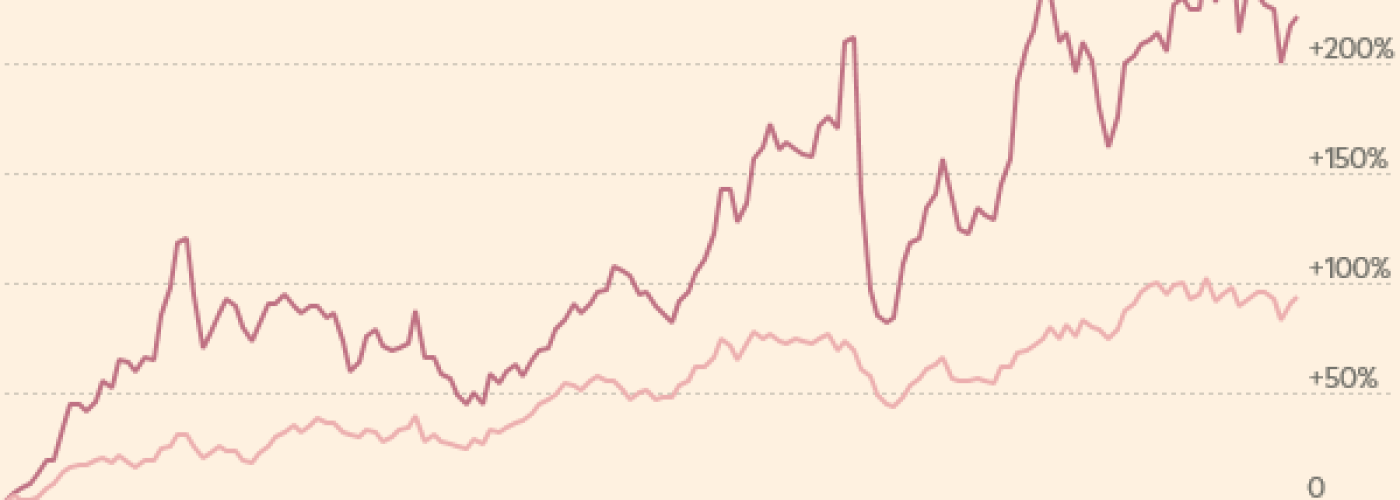Shares in Interserve slumped 27 per cent on Friday after the construction and support services group was hit by cost overruns and delays on a waste-to-energy plant in Glasgow.
The FTSE 250 company said on Friday that the troubles with the Glasgow waste plant would result in a £70m charge in its first half. As a result it expects net debt to be £35m higher at the end of the year than it had previously said.
Interserve has been hired by Viridor, the waste collection company, to build the £154m plant, which is designed to turn rubbish into biogas that will provide electricity to the National Grid.
But the project has been hit by substantial delays and difficulties with subcontractors. Adrian Ringrose, chief executive of Interserve, said he would be “pursuing every opportunity to mitigate this situation”.
“Our expectations for the UK construction division as a whole have been significantly adversely impacted by a further deterioration in our Glasgow energy-from-waste contract,” he added.
The shares tumbled to a four-year low of 280p, compounding a 63 per cent fall over the last two years.

Along with other construction companies such as Mears, Carillion and Mitie, Interserve has been shifting its focus from construction to more profitable support services work, which accounts for more than 60 per cent of the business. It provides probation services for the UK Ministry of Justice, nursing care at home for local authorities, and welfare-to-work services for the Department for Work and Pensions.
Analysts have warned that this shift leaves the business exposed to the increase in the minimum wage to £7.20 an hour from April and £9 by 2020. There are also concerns over revenues from its construction business in the Middle East, where the slump in the oil price is slowing projects as well as payments.
Joe Brent, analyst at Liberum Capital, wrote in a sell note on Friday that the increase in debt to an estimated £360m in 2017 or 2 to 3 times earnings before interest, taxation, depreciation and amortisation was “amber and approaching red in our view”.
Meanwhile, Peel Hunt cut its target price from 600p to 450p. It called the exceptional charge “an unwelcome surprise given a belief that this had been addressed in 2015”.
Copyright The Financial Times Limited 2016. You may share using our article tools.
Please don’t cut articles from FT.com and redistribute by email or post to the web.





